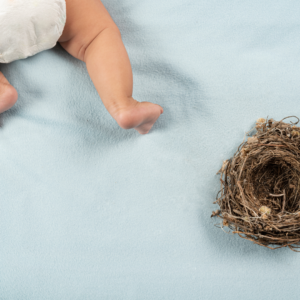
When kids leave the nest, there is a lot of emphasis on how mothers feel emotionally. As the resident nurturer, moms obviously feel a void and deep sense of sadness when their kids leave home. We often assume that fathers in the empty nest are immune to these emotions. The old TV image comes to mind of a stoic dad thrilled to have his child finally leaving home at age 18. However, times have changed. Fathers are now often hit just as hard emotionally when becoming empty nesters.
Indeed, modern parenting roles have turned that old fatherly image upside down. With both parents typically working, there is now more of an emphasis on sharing family responsibilities. Juggling busy kids after-school schedules between both parents is now the norm. Fathers are more involved in daily activities of their kids. In fact, since 1965, fathers have tripled the time they spend with their kids. They also pitch in more time with household chores and childcare than in the past. Being hands on at home makes fathers feel more emotionally involved with their kids, often wearing multiple hats as friend, mentor and confidant as well.

Moreover, with both parents running in all directions to satisfy their kids extracurricular obligations, fathers are present more than ever before. Many fathers make time to not only support their kids school and after school activities, but are often actively involved in their kids sports — either as an avid spectator or coach.
Men Hit with Sadness Unexpectedly
Men can be hit unexpectedly with feelings of sadness when becoming an empty nester. They may not be as in tune with their emotions in advance, experiencing the sense of loss once sitting in their quieter home. Many have become buddies with their kids, watching games on TV together, joking around, digging deep on classroom topics or just talking about life. As a result, fathers in the empty nest may feel like they not only lost their child, but a friend. Women have support systems in place, with girlfriends ready to talk at a moments notice. But men often suffer in silence. They may not want to share their feelings with their wives for fear of making them feel sadder. Nor do they want to discuss this with their male friends or colleagues for fear of looking weak or overly sensitive. So they may retreat inside, keeping feelings bottled up.
Support Each Other
It’s important for both husband and wife to share their feelings and support each other. It’s an opportunity to lift each other up and be positive. If couples are not ready, then it is important to talk to a friend, parent, or sibling. If things persist, consider seeking help from a professional so these feelings of sadness do not linger and affect the marriage. Hitting this milestone is big for both of you. Working together on creating this new chapter will bring joy to you and the whole family.







Leave a Reply